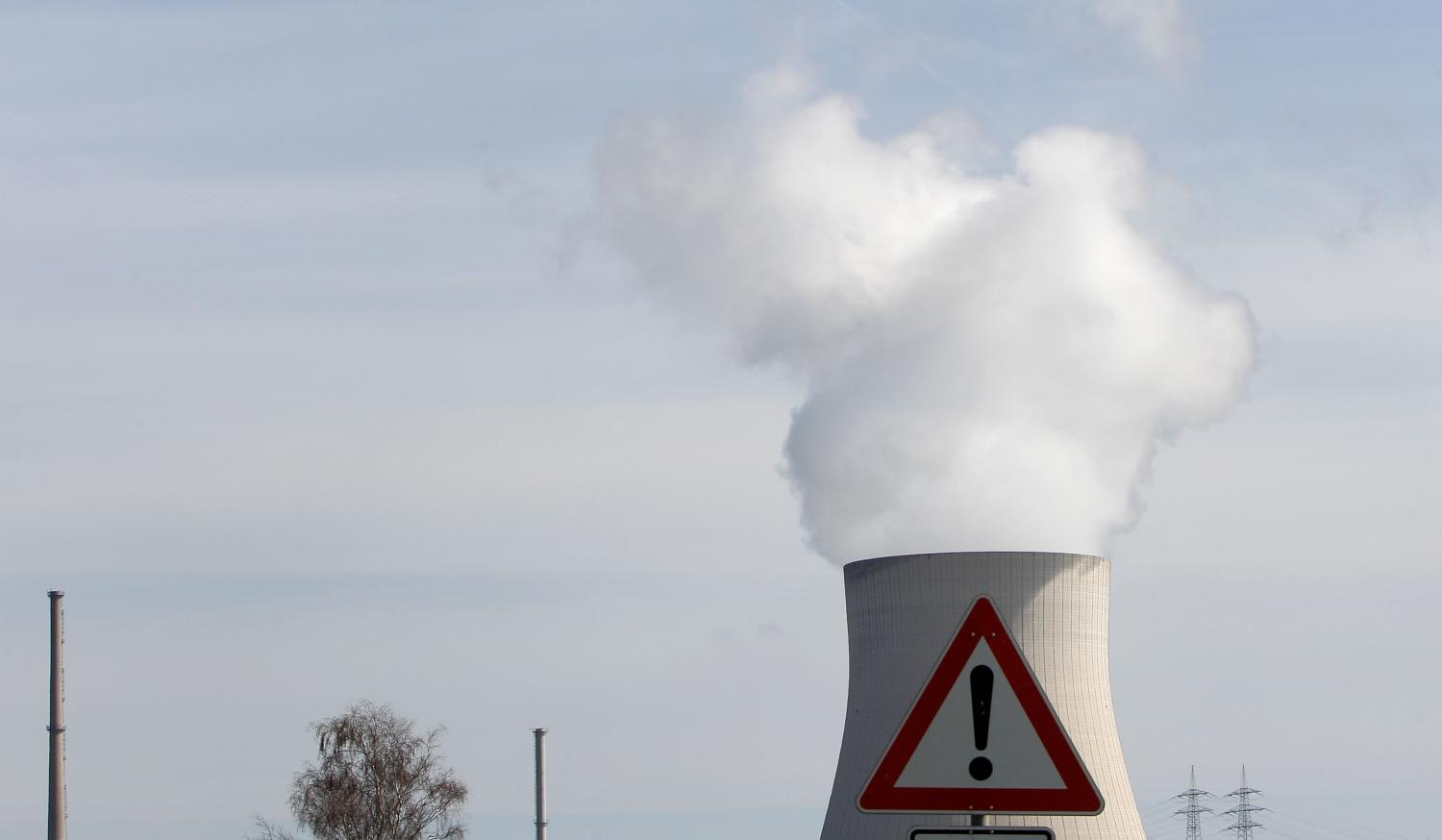Global climate change will have environmental, economic, and potentially even political and security impacts on Qatar and the Gulf Cooperation Council (GCC) region. Combined with rising population levels, climate change will aggravate existing challenges regarding water scarcity and food security and raise new challenges through adverse impacts on human health, economic development and the environment. In addition, the economic importance of oil and gas makes Qatar and other GCC countries economically vulnerable to global efforts to reduce greenhouse gas emissions.
While addressing climate change and reducing greenhouse gas emissions presents challenges for Qatar and the GCC, it is also an opportunity which could underpin a diversification of Qatar’s economy and lead to the development of low-carbon technologies such as carbon capture and storage (CCS), energy efficiency technologies and alternative energy technologies.
This report reviews a wide variety of considerations for low-carbon transformation and energy reform in Qatar and the GCC region. The report contains four chapters focusing on climate change, CCS, energy efficiency, and solar and other alternative energies. Each chapter contains specific recommendations for actions that Qatar and the GCC could take to address concerns about greenhouse gas emissions while at the same time support the development of a range of new energy sources and technologies that would provide environmental and economic benefits for the region and the world.
For an overview of the policy recommendations across the four topic areas, read the executive summary »
 |
Chapter 1: Climate Change
This chapter provides an overview of climate change impacts on Qatar and the GCC; the economic implications of global action to reduce greenhouse gas emissions on fossil fuel consumption; and the economic challenges and opportunities of climate change policies. The chapter concludes with recommendations as to how Qatar can develop a comprehensive approach to climate change that can make a meaningful contribution to reducing its greenhouse gas emissions, taking into account its economic interests and leveraging its’ strengths in focused areas of clean energy technologies to drive climate change solutions. Read the chapter (PDF) |
|
 |
Chapter 2: Carbon Capture and Storage
This chapter provides an assessment of the role of carbon capture and storage (CCS) in Qatar and other GCC countries; barriers to developing this technology; existing initiatives taking place at the international level; bilateral and regional cooperation on CCS; and action on CCS in Qatar and the region. The chapter concludes with recommendations as to how Qatar can develop a national CCS program that helps address challenges of increasing emissions growth while enhancing the country’s capacity for R&D and expertise on CCS technology. Read the chapter(PDF) |
|

|
Chapter 3: Energy Efficiency
This chapter discusses the need for energy efficiency measures in Qatar and the GCC by providing an overview of energy intensity in the region; benefits of energy efficiency measures including different types of technologies that can be applied; lessons learned at the international level by way of policies and obstacles; and financing for energy efficiency. The chapter also reviews existing energy efficiency measures in Qatar and the GCC, and concludes by providing recommendations for policy approaches and efficiency measures tailored to the region. Read the chapter (PDF) |
|

|
Chapter 4: Solar and Other Alternative Energy
This chapter provides an assessment of the need for alternative energies given global energy demand and efforts to reduce greenhouse gas emissions at the international level. Also discussed are benefits of alternative energy sources, an overview of the types of alternative energy technologies that could be relevant for Qatar and the GCC region, and international initiatives, financing and policies for alternative energy. Qatar and the other GCC countries are examined in terms of the potential advantages and challenges to introducing alternative energy, as well as an overview of the existing initiatives and efforts to introduce these technologies in the region. The chapter concludes by outlining several policy options that could help encourage wider development of an alternative energy economy in the GCC. Read the chapter (PDF) |
|
 |
Conclusion: Synthesis and Recommendations
The preceding four chapters have reviewed a wide variety of considerations that could input into future national energy strategies in Qatar and the GCC: an examination of the global interest in climate change and in greenhouse gas emissions reduction; and an assessment of the state of carbon capture and storage (CCS), energy efficiency, and alternative energy and solar technology. The concluding section of this report synthesizes the recommendations outlined in each chapter, and proposes actions across several areas that provide focus to sectoral policies and help make concrete any national energy action plans. These areas include technological innovation, industrial efficiency, alternative sources of supply, energy market restructuring and effective governance. Read the conclusion (PDF) |
|





